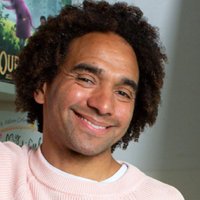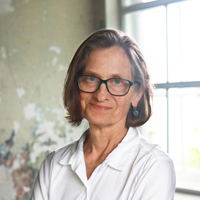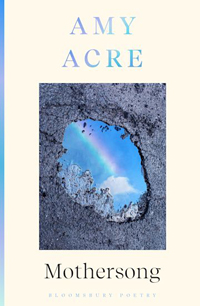 It was interesting to see ideas commented on here about a year ago cropping up again this week in an interview with Joseph Coelho. After a significant body of work, Coelho was appointed Children’s Laureate in the UK , to encourage children and young people in their reading and writing.
It was interesting to see ideas commented on here about a year ago cropping up again this week in an interview with Joseph Coelho. After a significant body of work, Coelho was appointed Children’s Laureate in the UK , to encourage children and young people in their reading and writing.
Libraries are central to his mission. As he says:
Libraries have always been very important to me, growing up and throughout my life. They certainly made me a reader and, by extension, a writer.
He has shown his commitment to libraries by visiting at least one library in every local authority in the country, meaning that he has done visits, readings and activities in 213 libraries up and down the land. That’s a lot of libraries, but compare it with the 773 that have been closed since 2010. As Coelho points out, books are central to libraries, but libraries offer even more than books, as central and important places in their communities, offering a social and welcoming safe space to all kinds of people, for varied purposes. He comments on the ‘passion of librarians’ he has discovered everywhere.
Read the article and interview here.
Tom Gauld cartoon on libraries.
A Principled Resistance to Amazon
 Libraries lend books as an altruistic service; Amazon sells them and much else for profit. You might be able to walk into your local bookshop and browse the shelves, perhaps sitting with a cup of tea or coffee as you read the blurbs, or chat with the shop staff for recommendations and advice. You won’t get much of that on Amazon, and while it provides a service to those who cannot reach a bookshop, its ubiquity and ability to slash prices means that the kind of idyllic bookshop I mention is threatened. While the situation for independent bookshops in the UK is notably improving, that is not the case everywhere as Amazon wields it muscle.
Libraries lend books as an altruistic service; Amazon sells them and much else for profit. You might be able to walk into your local bookshop and browse the shelves, perhaps sitting with a cup of tea or coffee as you read the blurbs, or chat with the shop staff for recommendations and advice. You won’t get much of that on Amazon, and while it provides a service to those who cannot reach a bookshop, its ubiquity and ability to slash prices means that the kind of idyllic bookshop I mention is threatened. While the situation for independent bookshops in the UK is notably improving, that is not the case everywhere as Amazon wields it muscle.
It was interesting to read, then, about American short story writer Lydia Davis, who has decided that her new books will not be sold on the online platform. This has meant separation from her long-time publishers, who are locked into commercial agreements with Amazon, and it could mean a dramatic fall in sales, but she is committed to her principles.
 She has signed with smaller publishers so that her books will be sold in physical bookshops. They are still available online, through bookshop.org, which supports local bookshops, and other independent online shops. She explains her values:
She has signed with smaller publishers so that her books will be sold in physical bookshops. They are still available online, through bookshop.org, which supports local bookshops, and other independent online shops. She explains her values:
We’re living in a culture that’s beginning to devalue the humanities. Culturally, it’s not a good time, with the emphasis on profit over ethical and human values.
It’s a principle to admire, and not her only commitment to a better way of living and working, as you can read in this article. The piece also raises interesting ideas about the art of the short story – some of Davis’ stories are very short indeed, like Joseph Coelho’s Ten-Word Tiny Tales, though their audiences are very different.
New Poetry
 And if you fancy catching up with the latest published poetry, here are some suggestions. I was particularly intrigued by the breadth of Amy Acre’s Mothersong, and while Martina Evans’ Irish punk The Coming Thing might not appeal to all tastes, the reviewer clearly loves it!
And if you fancy catching up with the latest published poetry, here are some suggestions. I was particularly intrigued by the breadth of Amy Acre’s Mothersong, and while Martina Evans’ Irish punk The Coming Thing might not appeal to all tastes, the reviewer clearly loves it!